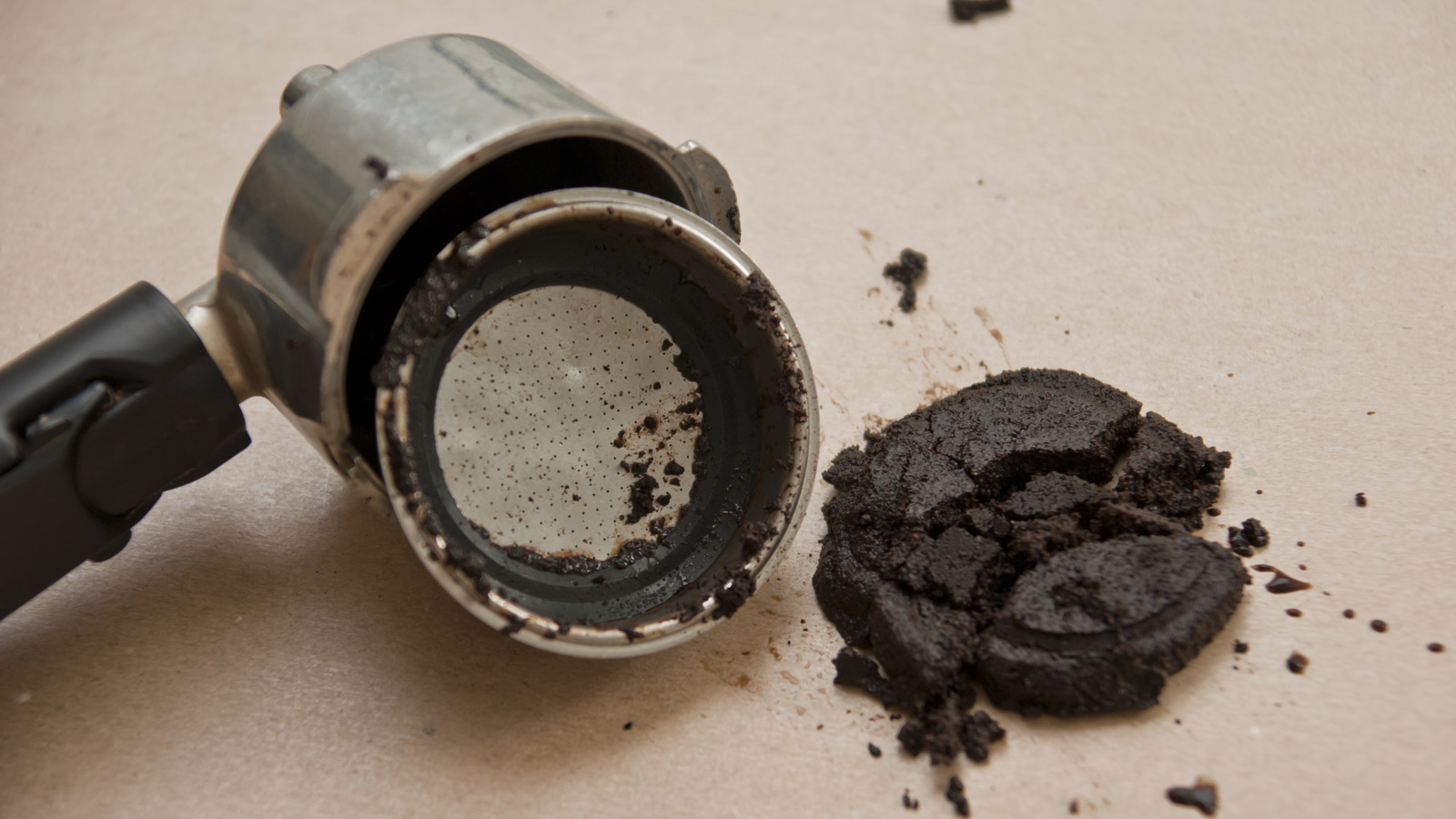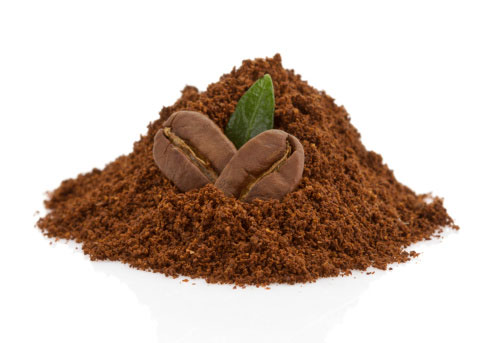Is It Safe to Put Coffee Grounds Down the Sink? - What the Truth
Is It Safe to Put Coffee Grounds Down the Sink? - What the Truth
Blog Article
The writer is making several good annotation on the subject of What are the consequences of putting coffee grounds in general in the content directly below.

If you're an avid coffee enthusiast, you may be wondering about the best way to deal with your coffee premises. While it might appear hassle-free to wash them down the sink, this method can bring about a number of problems for both your plumbing and the setting. In this article, we'll check out whether it's secure to place coffee premises down the sink and discuss alternate disposal approaches to take into consideration.
Threats of Putting Coffee Grounds Down the Sink
Plumbing Issues
Among the key concerns with disposing of coffee grounds down the sink is the danger of clogging your pipelines. Coffee premises do not liquify in water and can accumulate gradually, developing a dense sludge that can block drains and cause pricey plumbing repair work.
Ecological Impact
Beyond the prospective damages to your plumbing, putting coffee premises down the sink can also harm the environment. When cleaned right into the sewage system, coffee premises can contribute to clogs in sewage system lines and therapy centers. In addition, the high concentration of organic matter in coffee grounds can diminish oxygen degrees in rivers, negatively affecting water life.
Alternatives to Disposing of Coffee Grounds
Composting
One eco-friendly choice for taking care of coffee premises is to compost them. Coffee grounds are abundant in nitrogen, making them an exceptional addition to compost piles or bins. As they break down, they add nutrients to the soil, enhancing its fertility and texture.
Trash Disposal
If you don't have a composting configuration, another option is to just toss your coffee premises in the trash. Be sure to seal them in a compostable bag or container to avoid odors and leak. While this technique does not provide the same environmental advantages as composting, it's a secure and hassle-free way to get rid of coffee grounds.
Tips for Proper Disposal
Utilize a Sink Strainer
To stop coffee premises from entering your sink's drainpipe in the first place, take into consideration utilizing a sink filter. These low-cost devices catch strong fragments, consisting of coffee premises, stopping them from creating blockages.
Regular Maintenance
No matter how you pick to throw away your coffee premises, it's important to keep your plumbing on a regular basis. Schedule regular drain cleanings to get rid of any build-up and ensure that your pipes continue to be clear and free-flowing.
Final thought
While it might be appealing to clean coffee grounds down the sink for benefit, doing so can have severe effects for your plumbing and the environment. Rather, take into consideration composting your coffee premises or throwing away them in the trash. By embracing responsible disposal techniques, you can appreciate your coffee guilt-free while reducing your environmental impact.
Coffee Grounds Down The Drain: Are They OK?
Can Coffee Grounds Go Down the Sink?
You may be thinking, “But I pour them down the sink drain every day and I’ve never had a clogged drain!” You see, coffee grounds come from coffee beans, which are virtually rock hard by the time they’re ground and brewed. You certainly wouldn’t want to grind up the pit from a peach, apricot, or nectarine that is about just as hard because they wouldn’t break down like other foods, and it’s the same with coffee beans!
If you usually grind coffee beans in the garbage disposal because it seems the cleanest and convenient, we don’t fault you for that. And anyone who has ever had to clean up the trash with spilled coffee grounds after a dog got into it would understand the rationale. Unfortunately, coffee grounds do not break down in water, so instead of grinding up and washing away as normal foods do in a garbage disposal, they clump together and as time goes by, the grounds can form a clump and pack the drain until it develops a clog.
What to Do With Coffee Grounds
So, what do you do with coffee grounds if you can't put them down the drain? You could of course just throw them in the garbage, but we encourage you to give these practical uses for them a try!
Since coffee grounds contain key minerals for plant growth, you can use them to fertilize your garden. Coffee grounds not only fertilize gardens because they are mineral-rich, but they are also great at absorbing contaminants in the soil, particularly heavy metals. Coffee grounds are said to attract worms, which help gardens flourish. You can use coffee grounds as fertilizer by sprinkling them around your plants. You can compost your coffee grounds and use them at a later time. Coffee grounds are great insect repellents when you place them in bowls or sprinkle them around the areas you want to repel insects. To remove fleas from your dog or cat, simply shampoo your pet then rub coffee grounds throughout their fur. Rinse them off and dry as usual. Like baking soda, used coffee grounds can eliminate odors. You can place them in a bowl in the fridge and let them do the work! Mix coffee grounds with coconut oil for a wonderful face or body scrub, or to reduce the appearance of cellulite. https://www.wintershomeservices.com/blog/2019/august/coffee-grounds-down-the-drain-are-they-ok-/

Do you like reading about Should You Put Coffee Grounds Down the Sink?? Make feedback down the page. We will be pleased to know your responses about this article. Hoping to see you back again before long. For those who enjoyed our post kindly do not forget to pass it around. I value reading our article about What are the consequences of putting coffee grounds.
Click Here To Read More Report this page